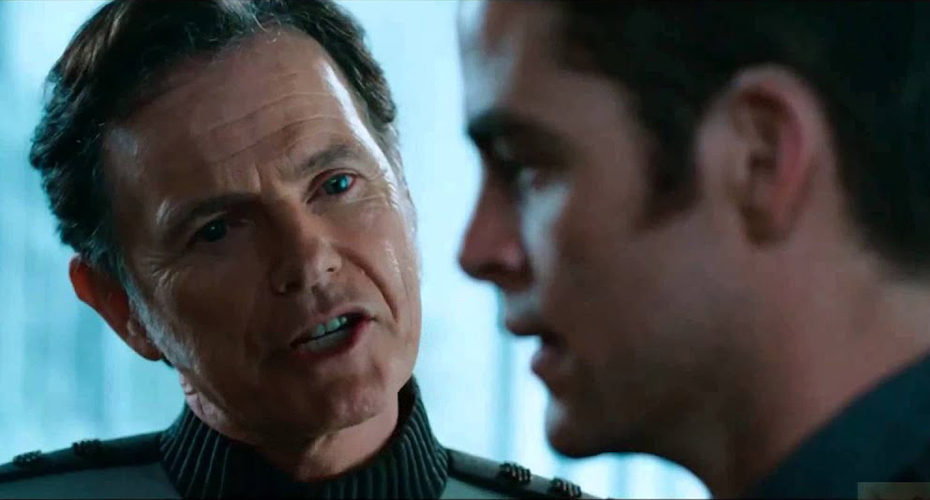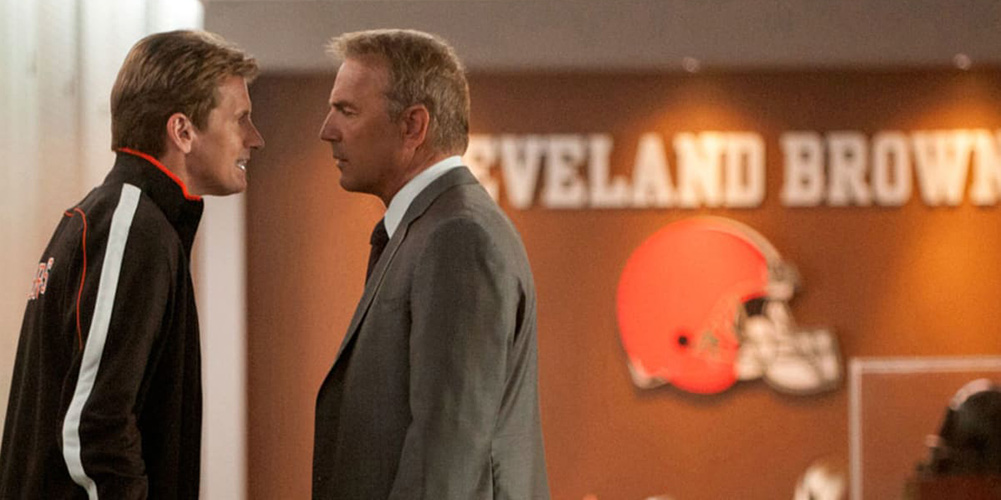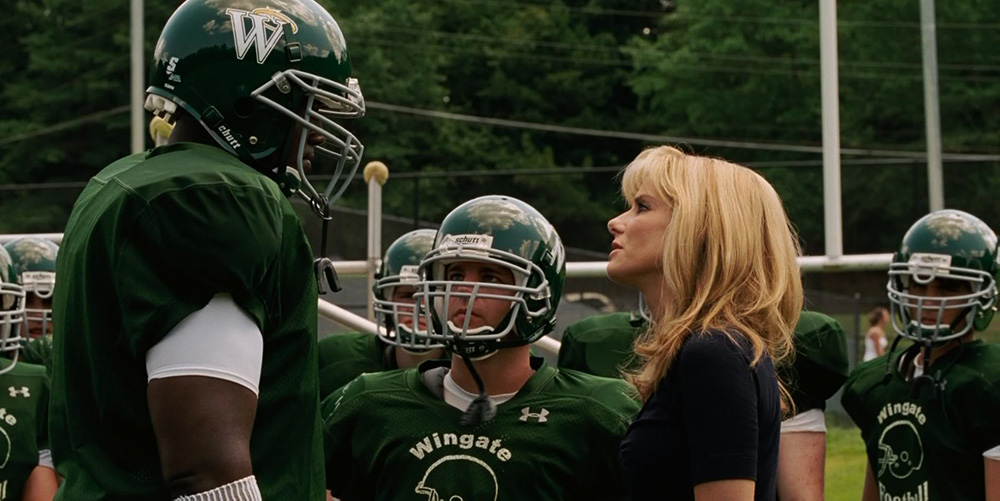Managing performance is often a leader’s least favourite part of their role. Having difficult conversations requires what the military call ‘moral courage’. Some choose to put up with negative behaviour instead.
But people want to know how they’re performing, and honest, constructive feedback is critical to creating an engaged and healthy workplace culture. So how do you do it effectively?
You may have learned that the ‘feedback sandwich’ is the most palatable way to give people feedback. This suggests you: say something positive; give some areas for improvement; then finish on something positive. But this may not always be effective. According to the authors of The Mind Gym: Wake Up Your Mind, this approach devalues both the positive and negative feedback. Better just to get straight to the heart of the issue.
That’s where movies can help. They may not provide a textbook approach for holding performance management conversations, but the following clips illustrate important elements to consider in your discussions. Each one is designed not to be punitive, but to help the individual progress.
Delivering home truths
Sometimes people lose their way. And like a best friend who can swiftly get to the heart of your problem, leaders may need to deliver a few ‘home truths’ to shake people out of their complacency and help them move past their own mental obstacles.
In this example from Rocky Balboa, Rocky helps to remove the chip on his son’s shoulder caused by having a famous father.
In this scene from Good Will Hunting (language advisory), Will’s friend Chuckie helps him see how he’s throwing away his talent by not having the courage to use it.
Clear feedback on poor performance
When someone performs poorly, they need to know about it. In this scene from Star Trek Into Darkness, Admiral Pike makes it clear to James Kirk exactly where he’s gone wrong on a recent mission.
In this clip you’ll find some useful techniques. He first asks Kirk what he thinks he did wrong, before going on to clarify for him. He also gets to the heart of the issue causing the problem: “You disagree with the rules so you think they don’t apply to you.” And due to the nature of Kirk’s violation, he ensures there’s a consequence to his actions too.
Clearing the air and establishing performance expectations
Poor performance can be due to many reasons. It may be unclear or uninspiring expectations, a lack of engagement, an issue with the leader. Or perhaps it’s a combination of all three. Getting to the heart of the issue, and ensuring both you and your team member are on the same page, is essential.
In this scene from Moneyball, Oakland A’s general manager clears the air with his arrogant star player David Justice, realigning their expectations to motivate Justice to play a bigger role in the team.
The development conversation
Sometimes a team member feels they’re performing better than they actually are, and that they deserve promotion. You need to be able to feed back the areas where they still have to improve, but without destroying their motivation.
Watch how Commander Dahlgren approaches this in U-571, allowing Lt Tyler to see for himself where he still needs to develop to meet the requirements of a submarine captain.
Giving upward feedback
Giving feedback shouldn’t always be top-down. Sometimes you need to give feedback up the line, especially if you’ve got the experience or expertise to spot where the organisation is going wrong.
In this clip from U-571, Harvey Keitel’s Chief Petty Officer gives some bracing but important feedback to rookie captain Tyler.
Uncovering individual motivation
Finally, part of a performance conversation is to uncover an individual’s personal motivation, then to be able to activate it. In this scene from Star Trek, Captain Pike does a great job of quickly drilling down to what drives James Kirk’s motivation: challenge. You can read more about this scene here.





